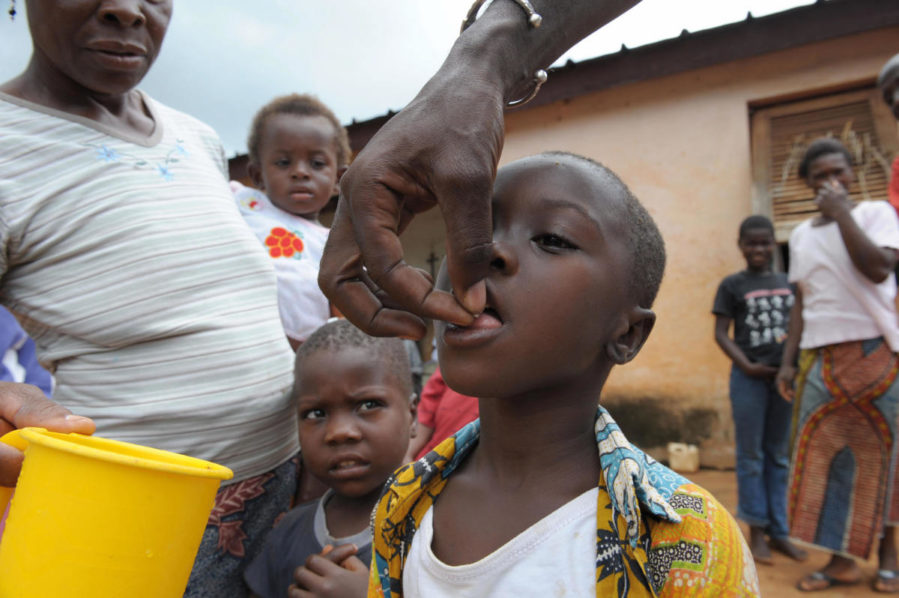
NIMR inaugurates project on safe blood transfusion, reduction of infections
A report by the Economist Intelligence Unit (EIU) and Ending Neglected Diseases (END) Fund has revealed that over 1.7 billion persons infected with neglected tropical diseases (NTDs) require urgent treatment to avert disability and high mortality globally.
It disclosed that over 560 million people in Africa risk NTDs, which comprise parasitic and bacterial infectious diseases, including river blindness and intestinal worms.
The report, which highlighted strategies for NTDs control and explored the gains of ending parasitic worm infections in Ethiopia, Kenya, Rwanda and Zimbabwe, also noted that the diseases cause serious economic and social burden in the over I40 countries across the world and Africa where NTDs persist.
It warned that if the diseases were untreated, with about 40 per cent of their burden on Africa, the world might experience disabilities and early deaths.
The report also suggested the importance for countries and stakeholders to go beyond the continuous treatment of diseases and move towards preventing them through improved sanitation programmes, health education and data collection, adding that eliminating the ailments would boost the global economy.
Associate Vice President, Programmes, The END Fund, Karen Palacio, said the survey also stressed the need for governments to take ownership of initiatives for solutions to better suit local needs.
She explained that analysis of the report suggested that if the World Health Organisation’s (WHO) NTDs 2030 targets ware met, it could result in Gross Domestic Product (GDP) gains of US$5.1b at Purchasing Power Parity (PPP)- a measurement that uses the prices of specific goods in different countries to compare currencies between 2021 and 2040.
Palacio said in terms of impact by countries, the report indicated that Ethiopia, with the greatest NTDs burden, could record (US$3.1b) followed by Kenya (US$1.3b), Rwanda (US$0.4b) and Zimbabwe (US$0.3b).
MEANWHILE, to improve safe blood transfusion and reduce the spread of infectious diseases, the Nigerian Institute of Medical Research (NIMR) has inaugurated a Smart Centre and Blood Genetics and Transfusion Research project.
Director-General of NIMR, Prof. Babatunde Salako, said the aim of the project was to evaluate the usability, utility and effectiveness of technology in monitoring donors’ blood used for transfusion.
He said the project would hypothesise the use of smart bags to increase accountability of blood standards, adding that a non-governmental organisation, Life Bank was sponsoring the project to meet the demand of safe blood transfusion in the country.
He explained that availability of blood was key to healthcare delivery, especially during childbirth in hospitals for women and victims of road traffic accidents who lose a lot of blood, adding that screening for blood was done for specific pathogenic microorganisms that pose greater threat to blood safety.



